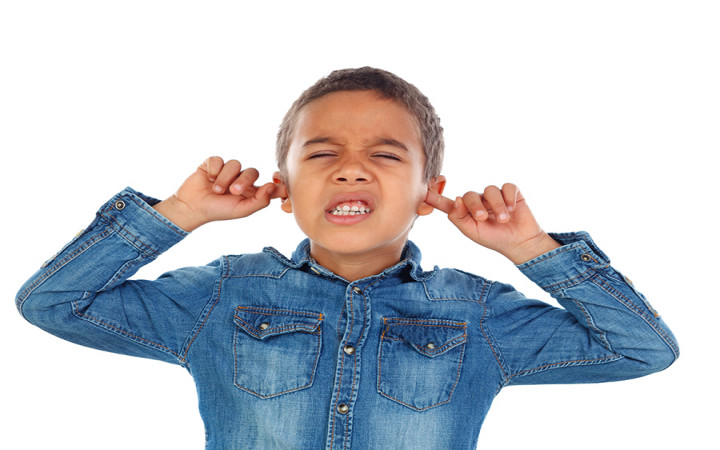Today’s Wonder of the Day was inspired by Sky. Sky Wonders, “What is ASMR?” Thanks for WONDERing with us, Sky!
Have you ever gotten goose bumps when someone sings beautifully? It's one thing to be moved by the lyrics of a song, but it's another sensation altogether when you feel the physical effects of particular sounds.
Don't believe that sounds can have powerful physical effects? Stand next to someone as they scrape their fingernails across a chalkboard. For many people, that sound can send an almost painful shiver down their spines.
On the other end of the spectrum, many people believe there are certain sounds that can create a pleasing tingle in their heads and necks. They refer to that feeling as autonomous sensory meridian response or ASMR.
Unlike the chills or shivers you might get all over at once, the tingling sensations of ASMR begin in the head and neck and slowly spread to the arms and legs in waves. ASMR can be triggered by a variety of things, including sights, smells, and textures.
For many people, though, sounds are a primary trigger. For example, many people experience ASMR sensations in response to quiet, repetitive sounds, such as whispering, rain, turning pages in a book or magazine, finger tapping, and crisp sounds like crunching leaves or biting into a pickle or an apple.
People find ASMR sensations pleasurable and relaxing. Online video sites, such as YouTube, contain all sorts of videos intended to induce ASMR sensations. Many people watch these videos to relieve anxiety, relax, and fall asleep.
Scientifically, not a lot is known about ASMR currently. Scientists are now studying the phenomenon to learn how and why it works and whether it could be an effective treatment for conditions like depression, anxiety, and insomnia.
One scientist believes ASMR may be similar to synesthesia, a neurological condition that causes some unique sensory phenomena, such as seeing numbers in color and tasting shapes. Experts believe the roots of synesthesia lie in the way the brain is wired, which may help scientists understand ASMR better.




